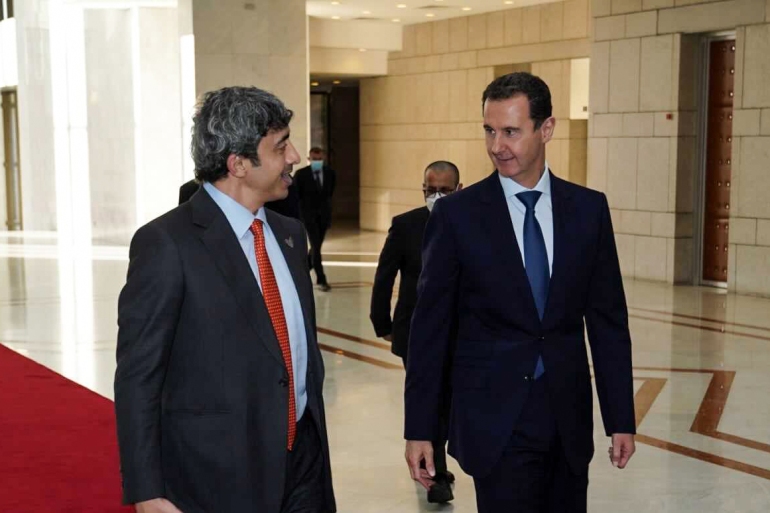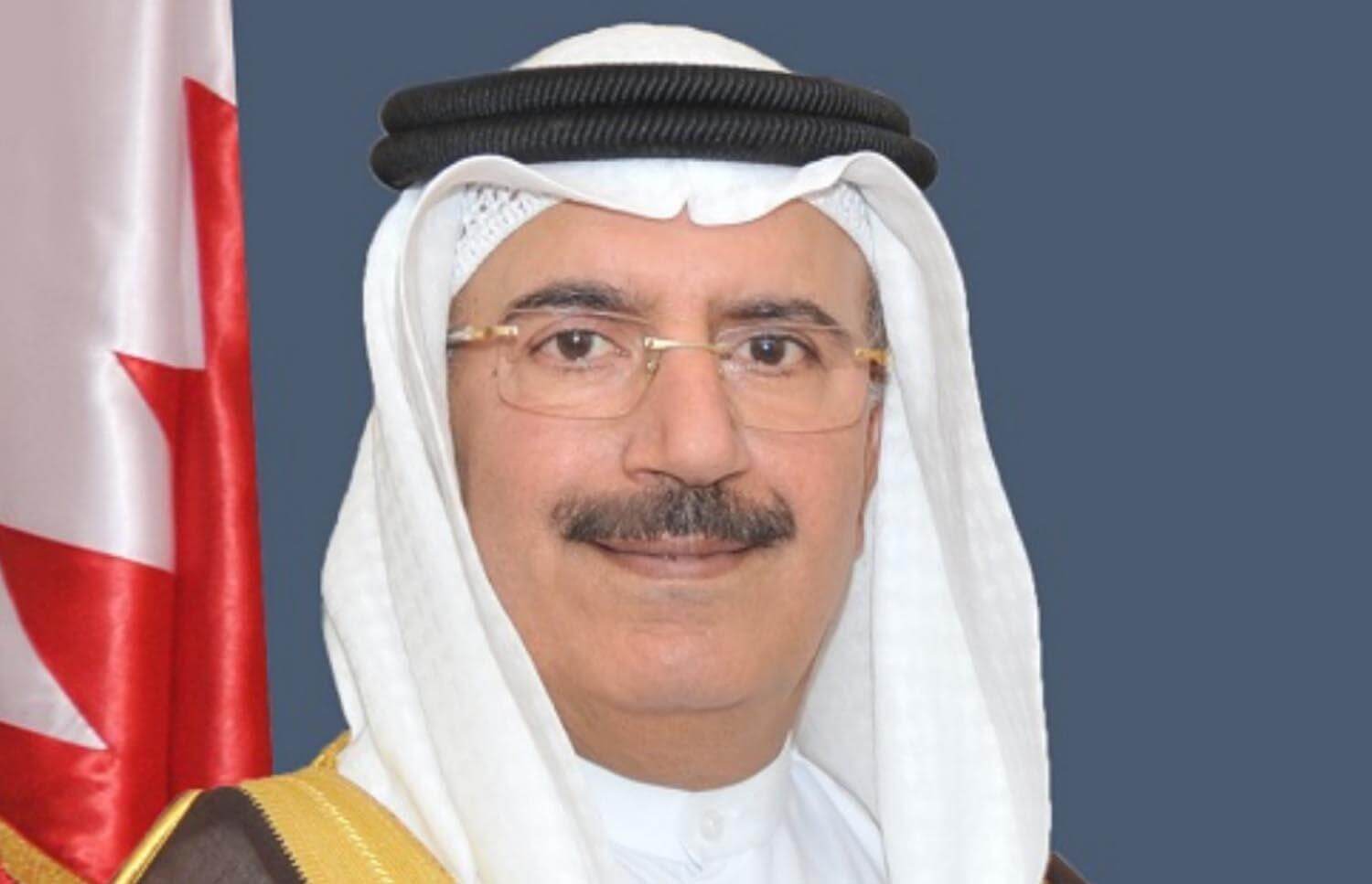Bahrain on Thursday appointed its first ambassador to Syria in over a decade since it downgraded ties with Damascus in 2011. The move is part of a rapidly changing regional landscape, wherein several other Arab countries are seeking closer ties with President Bashar al-Assad.
State-owned Bahrain News Agency (BNA) said that King Hamad bin Isa Al Khalifa had issued a decree appointing Waheed Mubarak Sayyar as the Kingdom’s ambassador to Syria. BNA added that the Foreign Ministry will implement the decree, which takes force with “immediate effect.”
Also Read: The US is Powerless to Stop the UAE’s Re-Engagement With Syria’s Assad Regime
Shortly after the war broke out in Syria in 2011, Gulf countries like Saudi Arabia and the United Arab Emirates (UAE) rushed to support Sunni rebels against the Assad regime and had suspended ties. Even the Arab League expelled Syria in 2011 and the Gulf Cooperation Council (GCC) supported the rebels fighting the regime and called them the “legitimate representatives” of the Syrian people.
However, following Russian intervention in the civil war in 2015 and with Iranian support, the Assad regime managed to overturn initial rebel gains and reduce rebel-held territories to small, scattered pockets.
Last month, the UAE sent its foreign minister, Sheikh Abdullah bin Zayed Al Nahyan, to Damascus in a bid to improve relations, a major change in Abu Dhabi’s approach to Syria. Not long ago, the UAE had allied with the United States (US) in supporting the Syrian rebels that sought to overthrow Assad.

The Emirates has provided armed assistance to the Free Syrian Army rebels and has even criticised the Assad government’s policies. In 2014, the Emir of Dubai, Sheikh Mohammed bin Rashid Al Maktoum, said that Assad was killing his own people and predicted the demise of the Syrian regime.
However, Iran’s expanding role in the Middle East and its influence in Syria has forced Abu Dhabi and other Arab countries to alter their policies regarding Syria. Increasing engagement with Damascus could give the Arab world more clout in the war-torn country at the expense of Iran.
These attempts at rapprochement with Syria have been met with harsh criticism by the US. Washington has accused the Assad regime of committing grave human rights abuses and has sanctioned several Syrian officials and said that it “will not express any support for efforts to normalise” ties with the “brutal dictator,” referring to Assad.
However, US opposition to normalising ties with the Assad regime has not stopped its Arab allies from slowly warming up to Syria, especially as the regime has recaptured a lot of the area it initially lost to the rebels. In October, Jordanian King Abdullah II met with Assad to discuss ways to enhance cooperation and re-establish ties. Egypt and Lebanon have also been making efforts to strengthen ties with Assad’s regime.
The Syrian regime has welcomed the increasing closeness of its Arab neighbours, given that its economy has been devastated by a decade of war and has been further weakened by the COVID-19 pandemic.
The brutal conflict in Syria has killed close to 400,000 people, forced more than five million to flee as refugees, and displaced another six million within the nation’s borders. The United Nations (UN) estimates suggest that more than 13 million people require humanitarian assistance in Syria, along with 90% of all children in the country. Although Assad has managed to cling to power since the war began in 2011, prospects for lasting peace in the country remain dim, with no progress on peace talks or UN-led efforts to draft a new constitution.

